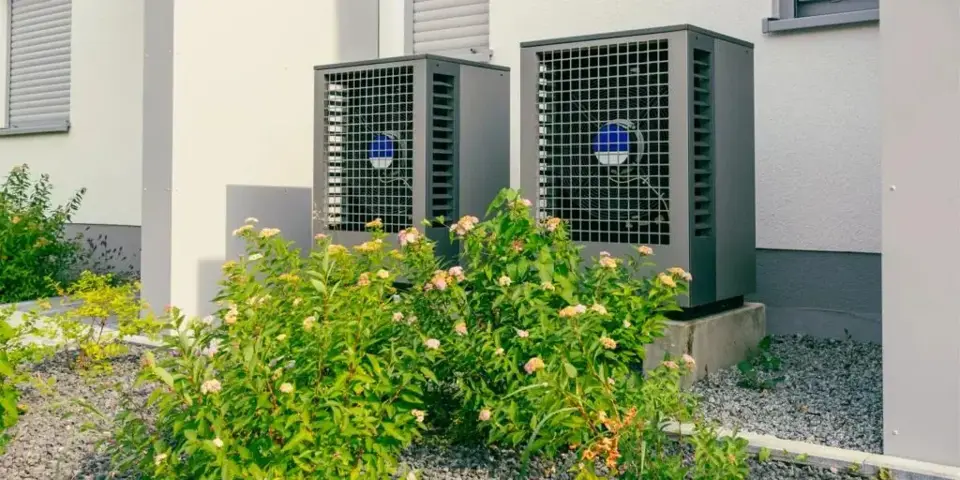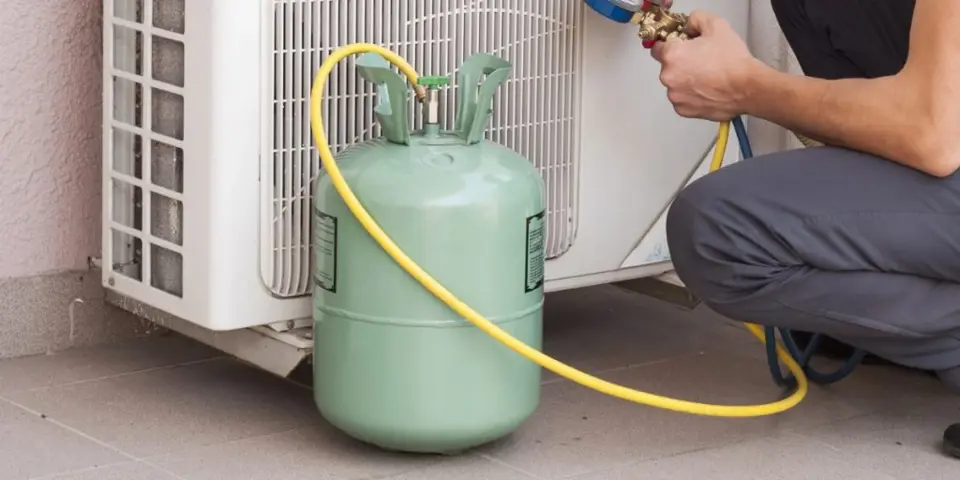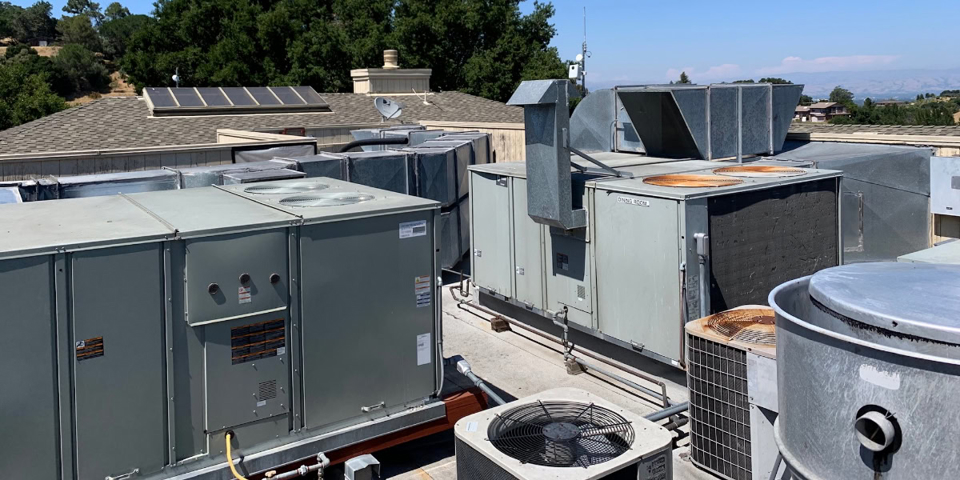In today’s rapidly changing world, a growing focus on sustainability has emerged across various industries. Businesses are increasingly recognizing the importance of aligning their services with environmentally friendly practices to reduce their carbon footprint and contribute to a sustainable future. One area where these efforts can have a significant impact is in commercial HVAC (Heating, Ventilation, and Air Conditioning) systems. This guide aims to provide businesses with valuable tips on making their HVAC systems more environmentally friendly, while also highlighting the importance of considering the impact of these decisions.
Importance of Sustainability in HVAC Systems
Commercial HVAC systems play a critical role in maintaining comfortable indoor environments for businesses. However, they also consume a substantial amount of energy, which can have a significant environmental impact. According to the US Department of Energy, HVAC systems account for approximately 39% of total energy usage in commercial buildings. By making these systems more sustainable, businesses can reduce energy consumption, lower greenhouse gas emissions, and save costs in the long run.
Tips for Making Commercial HVAC Systems More Environmentally Friendly
1. Regular Maintenance and Inspections:
It is crucial for businesses to schedule regular maintenance and inspections for their HVAC systems. Routine checks ensure that the equipment is operating at optimal efficiency, reducing unnecessary energy waste. Additionally, proper maintenance can extend the lifespan of HVAC systems, reducing the need for premature replacements.
2. Upgrade to Energy-Efficient Equipment:
Consider upgrading outdated HVAC equipment to newer, energy-efficient models. Energy Star certified products are designed to be more efficient, using up to 30% less energy compared to conventional systems. These upgrades can result in significant energy savings and reduced environmental impact.
3. Implement Smart Controls and Automation:
Utilizing smart controls and automation technologies can optimize HVAC system performance. These systems can adjust temperature settings based on occupancy, time of day, and external weather conditions, ensuring energy is not wasted when it is not needed. Smart controls can also provide real-time data on energy consumption, allowing businesses to identify areas for further efficiency improvements.
4. Optimize Ventilation Strategies:
Proper ventilation plays a crucial role in maintaining indoor air quality and reducing energy consumption. Businesses should consider implementing strategies such as demand-controlled ventilation, which adjusts airflow based on occupancy levels. Additionally, using high-efficiency filters can improve air quality while also reducing energy usage.
Challenges in Achieving Sustainable HVAC Systems
1. Cost Considerations:
Upgrading HVAC equipment and implementing energy-efficient technologies may involve initial costs. However, it is essential to consider the long-term savings that can be achieved through reduced energy consumption and lower maintenance costs. Many utility companies also offer rebates and incentives to encourage businesses to adopt more sustainable practices.
2. Balancing Comfort and Efficiency:
Achieving sustainability goals should not compromise the comfort of occupants. It is vital to strike a balance between energy efficiency and maintaining a comfortable indoor environment. Proper system design, regular temperature monitoring, and feedback from occupants can help achieve this balance.
3. Existing Infrastructure Limitations:
Retrofitting existing buildings with sustainable HVAC systems can be challenging due to space limitations and outdated infrastructure. In such cases, businesses may need to explore alternative solutions or undertake building renovations to accommodate newer, more sustainable technologies.
4. Lack of Awareness and Expertise:
Understanding the complexity of HVAC systems and the various sustainable options available can be overwhelming for businesses without expertise in the field. Relying on the knowledge and services of professional HVAC specialists can help navigate these complexities and make informed decisions.
Considering the Impact of HVAC Decisions
When making decisions about their HVAC systems, businesses should consider the broader impact. This includes evaluating the environmental consequences, energy consumption, and potential long-term costs. By taking a holistic approach, businesses can align their sustainability goals with their HVAC systems, contributing to a more environmentally friendly and energy-efficient operation.
Embracing sustainability in commercial HVAC systems is not only an environmentally responsible choice but also offers long-term benefits for businesses. By following the tips outlined in this guide, businesses can reduce energy consumption, lower greenhouse gas emissions, and save costs. Taking into account the challenges associated with sustainability in HVAC, along with considering the broader impact of HVAC decisions, businesses can contribute to a more sustainable future while maintaining a comfortable indoor environment.
Frequently Asked Questions
Can retrofitting existing HVAC systems really make a significant difference in energy efficiency?Yes, retrofitting existing HVAC systems can significantly improve energy efficiency. Upgrading outdated equipment, implementing smart controls, and optimizing ventilation strategies can result in substantial energy savings, reducing both environmental impact and operating costs.
How do energy-efficient HVAC systems benefit businesses financially?Energy-efficient HVAC systems can lead to long-term financial benefits for businesses. By reducing energy consumption, businesses can save on energy bills. Additionally, many utility companies offer rebates and incentives for implementing energy-efficient practices, further reducing the upfront costs of upgrades.
Are there government regulations related to sustainability in commercial HVAC systems?Government regulations regarding sustainability in commercial HVAC systems vary by region. However, many governments are increasingly incentivizing businesses to adopt sustainable practices through tax credits, rebates, and stricter energy efficiency standards. Staying informed about local regulations can help businesses make compliant and sustainable choices.






